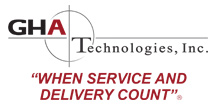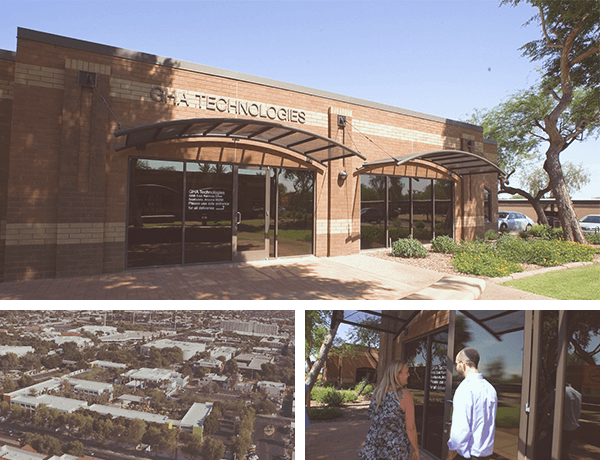GHA Technologies
GHA Technologies Grows Its VAR Business Five-fold with NetSuite
As GHA Technologies grew, the Sage Peachtree software that it used to manage accounting processes crashed frequently. Data corruption and limitations in file size disrupted business efficiency. Plus, the software required daily backups that were time-consuming and unproductive for staff. GHA needed a reliable, scalable solution as it grew to processing about 1,500 customer transactions a month, amounting to $12 million in revenue.

COMPANY
GHA Technologies
LOCATION
Scottsdale, Ariz.
INDUSTRY
Value-added reseller
REVENUE
$150 million
EMPLOYEES
175
SYSTEM REPLACED
Sage Peachtree
OTHER SOLUTIONS CONSIDERED
Microsoft Dynamics GP (Great Plains), Sage MAS 90
IMPLEMENTATION PARTNER
NETSUITE PRODUCT IMPLEMENTED
NetSuite
“With all the other challenges we face in terms of expansion and competition, we never have to worry about our back-office accounting system, and that’s a huge benefit.”

Free to Expand and Adapt
NETSUITE WINS OVER SAGE, MICROSOFT
GHA selected NetSuite over Sage MAS 90 and Microsoft Dynamics GP (Great Plains), for its reliability, ease of use and broad functional scope. Explore Consulting integrated NetSuite and CNET Channel Online for complete automation and visibility. With on-demand reporting on real-time data, GHA can continuously adapt and grow the business.

EXPONENTIAL GROWTH WITH THE CLOUD
GHA Technologies has driven triple-digit revenue growth since implementing NetSuite in 2003. In its 12 years on NetSuite, GHA’s revenue has soared more than five-fold, from $28 million to $150 million in 2015 in reselling IT software, hardware and services.

SMALL COMPANY ACTS BIG
GHA is averaging 20 percent year-over-year growth in recent years, expanding sales to healthcare and educational institutions, government agencies, and enterprise and mid-market companies. NetSuite enables GHA to seamlessly transact with more than 2,000 OEMs, including Dell, HP, IBM, Cisco and Apple.

































